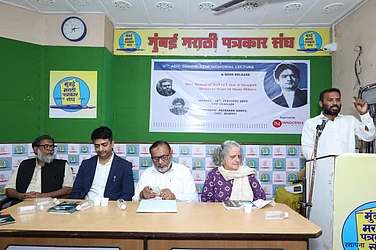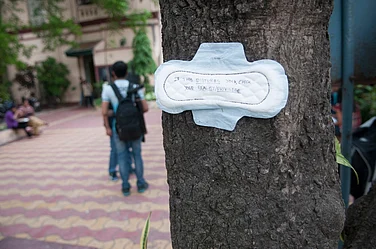Union Minister Ajay Mishra's son Ashish Mishra on Sunday surrendered at a local court here, days after the SC cancelled his bail in the Lakhimpur Kheri violence case.
"Ashish has surrendered in the court. We were given a week's time but as Monday was the last day, he surrendered a day ahead," Ashish's counsel Awadesh Singh told PTI.
Jail Superintendent PP Singh said Ashish will be kept in a separate barrack in the jail due to security reasons.
The Supreme Court had on April 18 cancelled the bail granted to Ashish Mishra and asked him to surrender in a week.
Eight people were killed in Lakhimpur Kheri during the violence that erupted when farmers were protesting against Uttar Pradesh Deputy Chief Minister Keshav Prasad Maurya's visit to the area on October 3 last year.
The dead included four farmers and a journalist, who were mowed down allegedly by cars carrying BJP workers.
According to the FIR lodged in the case, Ashish was sitting in one of the cars. Later, police arrested Ashish.
The Lucknow Bench of the Allahabad HC had granted regular bail to him and opined that the present case was one of "accident by hitting with the vehicle".
Cancelling his bail, the Supreme Court said the victims were denied "a fair and effective hearing" in the Allahabad High Court, which adopted a "myopic view of the evidence".
The top court had also noted that a victim has unbridled participatory rights from the stage of investigation till the culmination of the proceedings in an appeal or revision.
Holding that the High Court order cannot be sustained and deserved to be set aside, the SC termed the Lakhimpur Kheri incident, if true as per allegations, as "an awakening call" to the state authorities to reinforce adequate protection for the life, liberty and properties of the eye/injured witnesses as well as for the families of the dead.
(With PTI inputs)


























